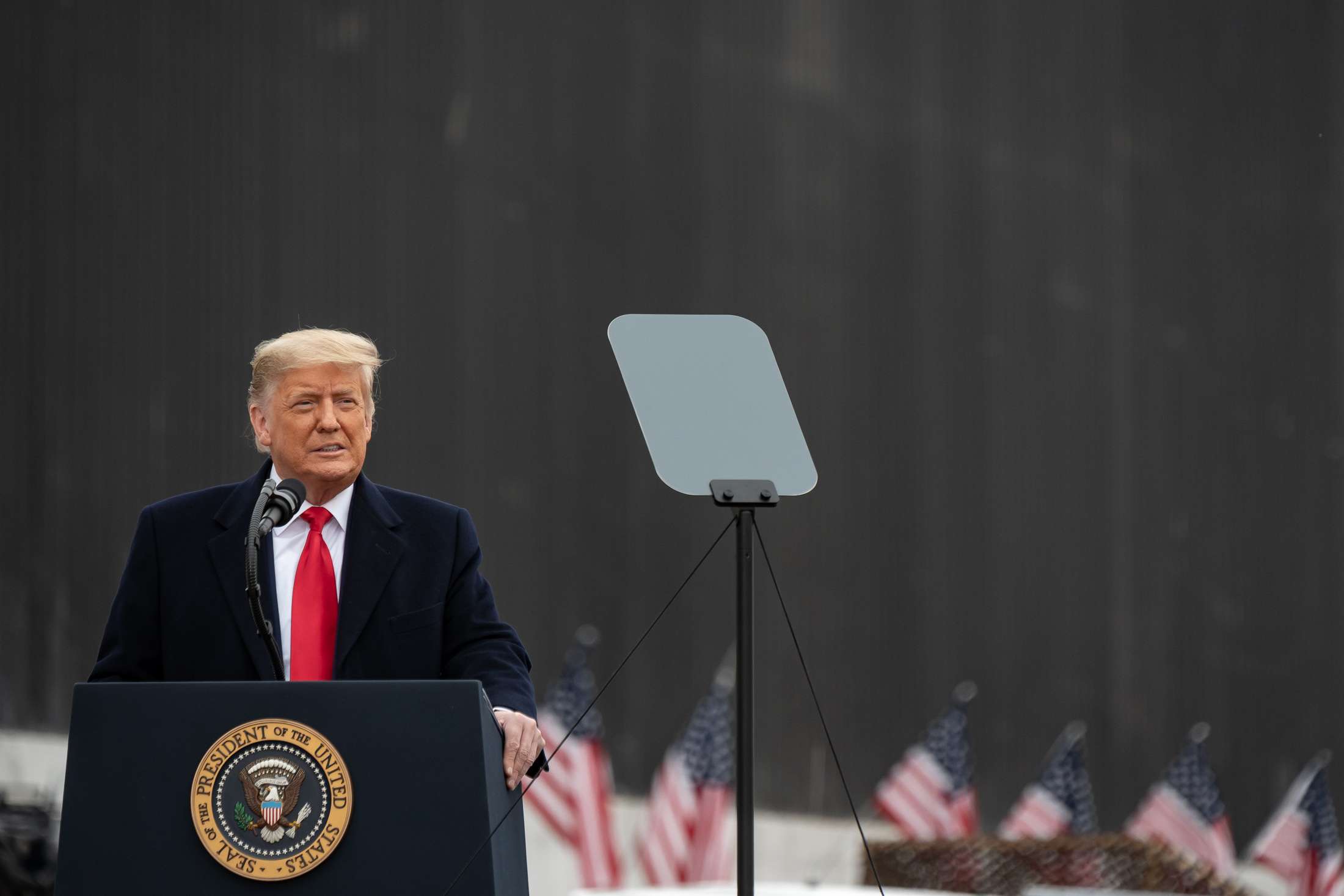Trump Aims to End Birthright Citizenship and Advocates for Military Involvement in Deportations
The content discusses President-elect Donald Trump’s plans for a mass deportation initiative during his impending administration, as conveyed through his social media platform. Trump shared a post from Tom Fitton, president of Judicial Watch, indicating the administration’s preparedness to declare a national emergency and potentially use military assets in the execution of a deportation program. Stephen Miller, an influential figure in Trump’s first administration, has articulated intentions for the military to establish significant holding facilities for detained migrants. In this context, National Guard and local police would play a critical role in enforcement, with Trump poised to invoke the Insurrection Act to legitimize the military’s involvement. Trump’s spokesperson stated the administration’s ambition to execute the largest deportation operation in U.S. history, targeting illegal immigrants, including drug dealers and human traffickers.
Key to the discussion is the contentious estimate of undocumented migrants in the U.S. Trump has suggested numbers ranging from 15 million to 20 million, significantly higher than most estimates of approximately 11 million. This discrepancy raises concerns beyond merely apprehending criminals; it signals a broader, more radical approach to immigration enforcement. The apprehension surrounding the military’s role implies a potential for violence and disruption—as the logistics of mass deportation would undeniably cause distress and trauma among affected families and communities. Even a targeted removal of 1 million individuals, as proposed by Vice President-elect J.D. Vance, could tear apart families and displace individuals from their livelihoods and support systems. Predictably, the plan raises difficult moral questions regarding family separation and the humanitarian impact of such actions.
Notably, an alarming potential aspect of Trump’s mass deportation strategy includes targeting mixed-immigration status families. Estimates suggest that between 4 to 5 million children, who are U.S. citizens, live with at least one undocumented parent. Upon questioning the feasibility of executing mass deportations without separating families, Thomas Homan, appointed as the incoming border czar, suggested that families could be deported together. However, logistical and emotional realities render such assertions problematic, as the complexities of immigration status and family ties cannot be easily navigated. The forthcoming administration seems poised to undertake initiatives that may further entrench the issues surrounding enforcement against undocumented individuals, including those who have established lives and families in the U.S.
Additionally, there are proposed changes to longstanding immigration policies, particularly regarding the citizenship of children born in the U.S. to undocumented parents. Reports indicate the administration plans to halt the issuance of citizenship-related documents, such as passports and Social Security cards, to the offspring of undocumented immigrants. Critics, including economics professor Michael Clemens, view this proposal as a significant deviation from constitutional guarantees, labeling it as a “de facto suspension of the Constitution.” The basis for this concern lies within the 14th Amendment, which affirms that “all persons born or naturalized in the United States” are citizens. The administration’s ambition to limit birthright citizenship exemplifies a significant shift in immigration policy, with far-reaching consequences.
Trump’s pursuit of ending birthright citizenship via executive action presents legal uncertainties, as the authority to revoke such a long-established principle seems unclear, and is likely only amendable through a constitutional process. Despite these challenges, the upcoming administration appears determined to challenge the structure of the U.S. immigration system as it stands. The military’s anticipated involvement in deportations stands in stark contrast to the more subdued approach of denying certain citizenship rights to children born in the U.S. to undocumented parents, creating a juxtaposition between overt interventions and subtle policy shifts.
Ultimately, the envisioned policies of the second Trump administration present a dramatic departure from America’s identity as a nation of immigrants. The militarization of deportations, combined with the targeting of citizenship for U.S.-born children of undocumented immigrants, not only threatens to disrupt countless families but also fundamentally challenges the principle of inclusivity upon which the nation was founded. As these discussions unfold, the implications for both domestic social fabric and the broader narrative of American values remain critical to monitor and scrutinize, balancing national security against humanitarian considerations. The ambitious plans outlined signify a daunting and controversial chapter ahead in U.S. immigration policy that rekindles historical tensions around race, citizenship, and human rights.
Share this content:












Post Comment